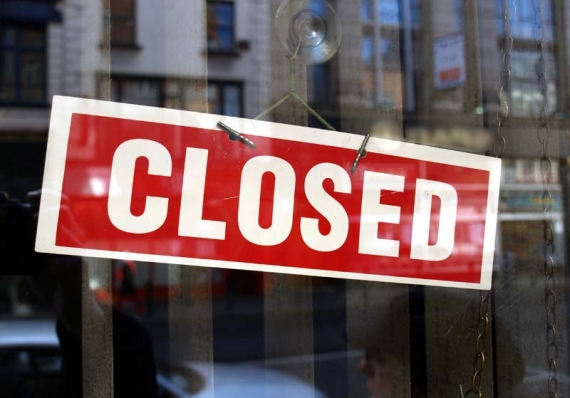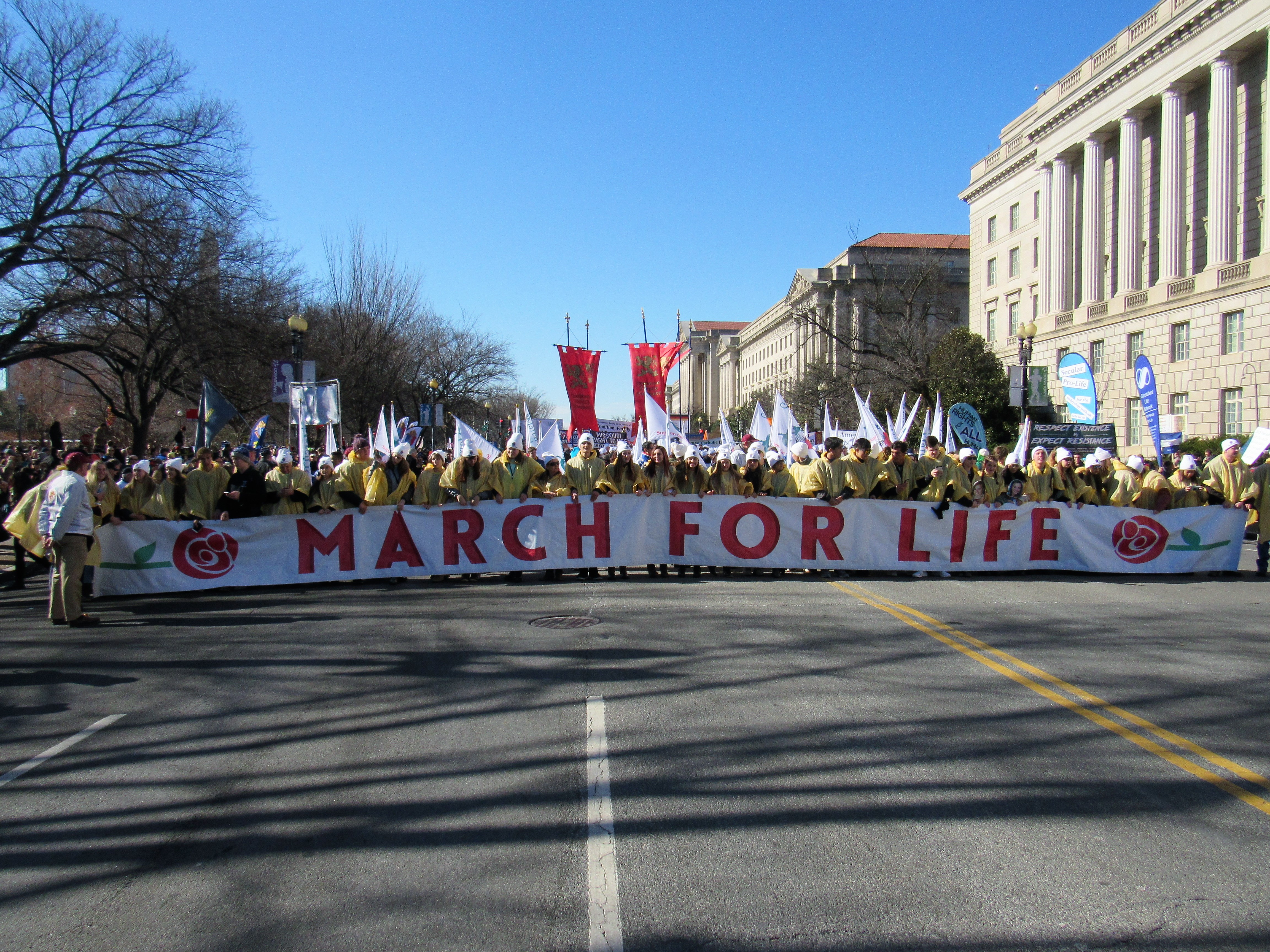 By Maria V. Gallagher, Legislative Director
By Maria V. Gallagher, Legislative Director
It’s the kind of anniversary that calls for a grand celebration.
It has now been about two years since Harrisburg, Pennsylvania’s long-standing abortion facility, the Hillcrest Women’s Medical Center, shut its doors.
Who knows how many precious lives have been saved—and how many women have been saved from the trauma of abortion—as a result of the closure?
But the end of the abortion business did not come without a monumental struggle. Hillcrest had racked up 44 pages’ worth of health and safety violations, according to a report issued by inspectors at the Pennsylvania Department of Health.
And yet, the facility was allowed to continue to operate while it addressed its “problems.” It was not until the Pennsylvania Pro-Life Federation brought Hillcrest’s shoddy safety record to the attention of the local news media that action was finally taken.
A trio of Pennsylvania state Senators asked why the license of a Pennsylvania abortion operation was not revoked, once serious health and safety violations were uncovered.
Senators Joe Scarnati, Bob Mensch, and John DiSanto sent a letter to Health Department Secretary Karen Murphy which stated, “The DOH inspection report portrays a facility which is clearly unsafe and unhealthy for both patients and staff alike. Given this, we would like an explanation as to why DOH did not immediately move to suspend or revoke Hillcrest Women’s Medical Center’s license upon finding such numerous egregious violations.”
The Senators noted, “These health and safety violations are obviously deeply troubling. However, even more problematic appears to be DOH’s response, which was to allow the abortion clinic to continue operating while granting Hillcrest a six month grace period to correct the cited ‘deficiencies.’”
Ultimately, Hillcrest gave up its license to operate—and the rest is history. Harrisburg is still home to a Planned Parenthood which performs abortions, but the closure of Hillcrest remains a major victory for women and their babies.
And so central Pennsylvanians have every right to pause and give thanks for the two-year anniversary of the abortion center’s closing. But we must be ever-vigilant, that abortion centers throughout Pennsylvania are held accountable for violating Pennsylvania’s critical health and safety standards.
There is just no telling how many violators there are—lurking in the shadows.








 By Maria Gallagher, Legislative Director
By Maria Gallagher, Legislative Director  By Maria Gallagher, Legislative Director
By Maria Gallagher, Legislative Director